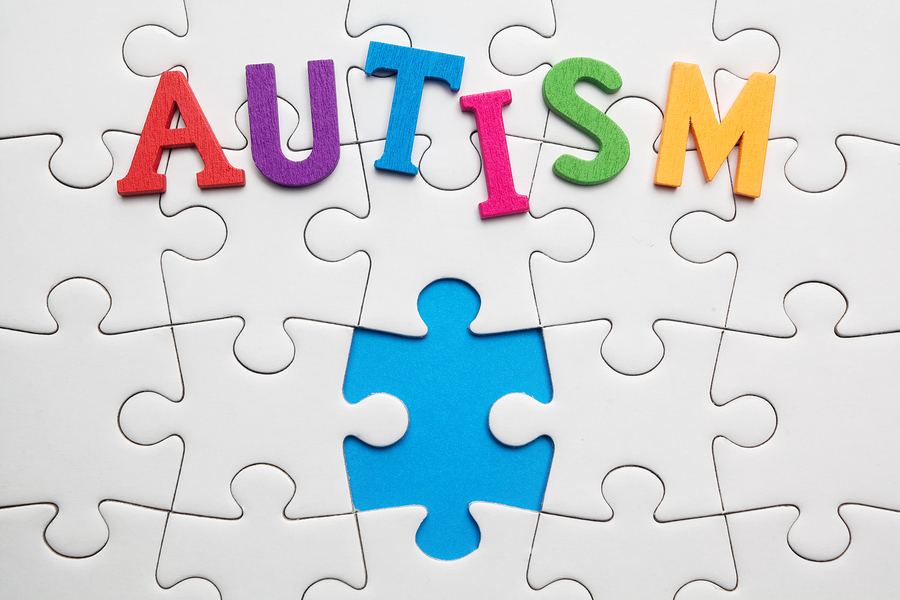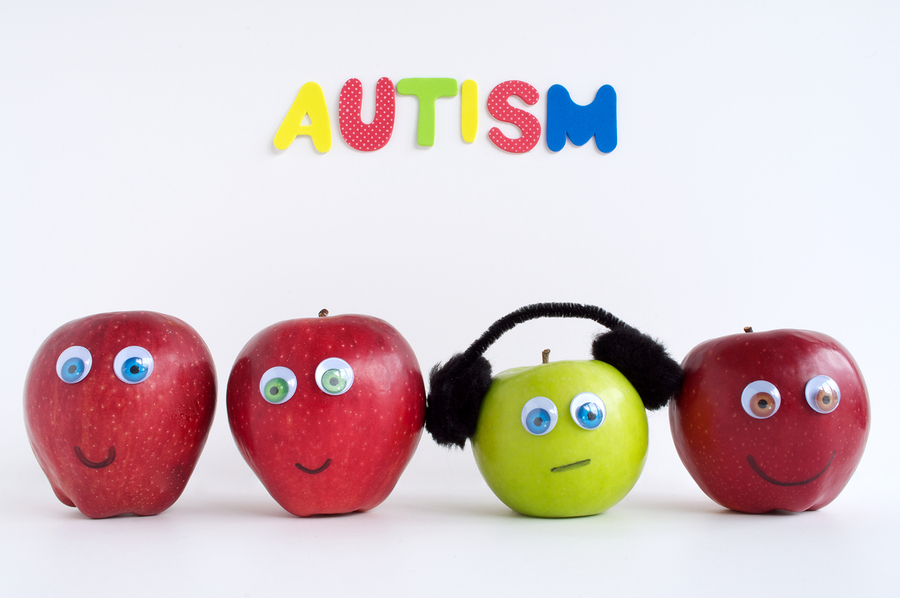- Make It Yourself Lavender Heart-Shaped Bath Bombs!
- 20 Things You Never Knew About “Down There”
- 12 Best Foods For Those Suffering From Arthritis Pain
- 12 Personal Hygiene Mistakes Almost Everyone Makes (Mom Never Told You About #4!)
- 15 Medicinal Plants And Herbs From The Cherokee People
- 12 Mind-Blowing Benefits Of Drinking Coconut Water During Pregnancy
- 12 Outstanding Winter Foods That Won’t Fatten You Up Like A Christmas Turkey
Vitamin Deficiencies And Autism: Things You Must Be Aware Of

Photo credit: bigstock.com
The causes of autism have been hot topics in the news for several years now. Part of the reason for the increased interest is that cases of autism have been on the rise since the late 1980’s. In fact, some studies predict that cases of autism could affect 50 percent of all children in as little as 20 years. This accelerated rate of autism is alarming and cause for concern among many medical professionals.
What is the reason behind this increased causation of the disease? Why is the disease emerging in an age of advanced medical treatment? Is there a way to slow down or completely prevent autism in our children? The answers to these questions are not easy to find; in fact, there is no known cure for autism and no “smoking gun” in terms of causation when it comes to the disorder.
Understanding the links between autism and causing factors is important if we are to end the disease. It is obvious that more understanding and more studies are needed in order to decrease the number of children impacted by this disease. One of the more exciting discoveries is the link between vitamin deficiencies and autism. This is good news because this is something that can be addressed in the home and in daily life. If a vitamin deficiency is indeed a contributor to the rate of autism, this is an important discovery for children everywhere.
Is Vitamin D the Problem?
Vitamin D and its ties to autism have been discussed before, but it hasn’t been studied in depth. In order to really grasp why this vitamin is important, you have to know what it does for the body. Vitamin D functions as a hormone and controls many of the body’s processes. In fact, vitamin D is incredibly important to our daily health, even though we may not think of it that often.
One thing that is interesting is that that as the number of autism cases has gone up so have the cases of vitamin deficiencies, specifically with Vitamin D. This is an important correlation for those studying the causes of autism and the increased rates of autism among today’s children. Current studies, though they have been small, show that children with autism also show lower levels of vitamin D when compared to normal children. These findings are encouraging and part of a larger group of data that contributes to our knowledge of autism and its causes.
Continue to Page 2

Photo credit: bigstock.com
The Evidence
Vitamin D deficiency has emerged as a global issue in conjunction with autism. Many people are confused about the role of this vitamin and how it impacts health. Vitamin D has long been associated with the sun, but really, it impacts many other aspects of your body and your health.
The evidence came about through studies of immigrant populations who lived in equatorial locations and compared those with individuals who lived in other regions with less intense sun exposure. The results were pretty stunning: Those immigrant populations who lived in areas with direct sun exposure had never experienced a disease like autism.
Vitamin D exposure and autism has another link rooted in biology. A 2007 study by Allan Kalueff showed that vitamin D was essential for a developing fetus and essential for babies to develop brain function within normal ranges. Of course, much more research is needed before the data is conclusive, but this is a start.
Continue to Page 3

Photo credit: bigstock.com
The Future of Autism
It is uncertain what the future holds when it comes to the correlation between vitamin deficiencies and autism. What is clear is that more studies are needed to either verify or dismiss the idea. It is important to continue with the scientific method and discover how this new concept will impact autism treatments.
How autism is diagnosed may also be impacted, so that is another area where vitamins and autism could help. If you’ve been impacted by this disease, know that there is hope for you and your child.
Researchers are working hard to study the links between autism to reduce cases and discover new treatments. Behavioral treatments are also being studied to help parents cope with raising an autistic child. One thing, however, is certain. If you’re the parent of child with autism, there is hope.
READ ALSO: What You Are NOT Being Told About Autism
Modern medicine and science are always working to study the causes and effects of the condition. With diligence, autism will become a disease of the past.
References:





























